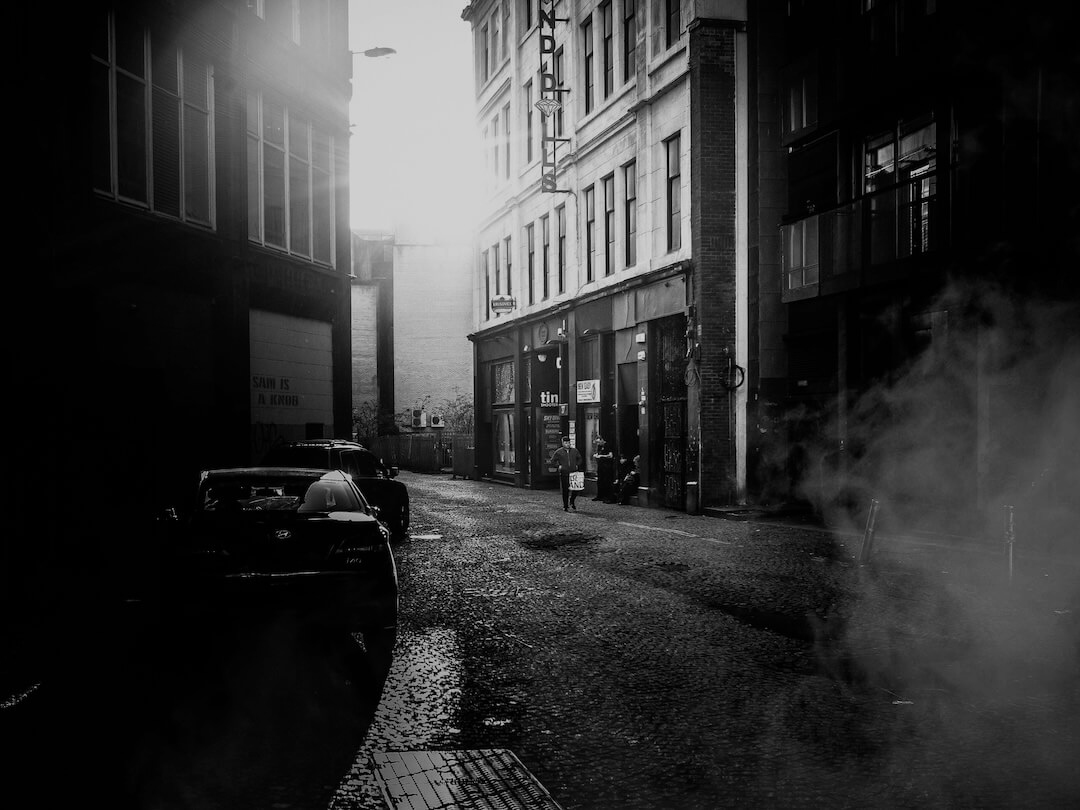

The Haunting of Hill House by Shirley Jackson is a masterful exploration of fear, isolation, and the psychological torment of its characters. Published in 1959, this novel is considered one of the finest examples of modern Gothic horror. With its complex characters and eerie atmosphere, it remains a cornerstone of the genre.
The story follows Eleanor Vance, a fragile and lonely woman who joins an investigation of supernatural phenomena at Hill House, an ominous and enigmatic mansion. Alongside Dr. Montague, Theo, and Luke, Eleanor becomes entangled in the house’s malevolent influence. As the house appears to awaken, Eleanor’s psychological unraveling blurs the line between reality and madness, culminating in a chilling and ambiguous conclusion.
Jackson’s prose is both elegant and haunting, employing vivid imagery and subtle foreshadowing to create an oppressive and suspenseful atmosphere. The novel’s pacing mirrors Eleanor’s descent into instability, drawing readers into her perspective and the house’s sinister grip.
The Haunting of Hill House has left an indelible mark on the horror genre, inspiring adaptations and influencing countless authors. Its exploration of psychological and supernatural horror continues to resonate with modern audiences, cementing its status as a timeless classic.
Reading The Haunting of Hill House felt like stepping into a mirror where my own fears and insecurities stared back at me. Shirley Jackson’s portrayal of Eleanor struck a raw chord—her isolation, her craving for belonging, and her fragile grasp on reality mirrored moments of my own vulnerability. It wasn’t just a story about a haunted house; it was a story about a haunted mind, and that haunted mind could be anyone’s, including mine.
Hill House itself felt more than alive—it felt sentient, as if every angle and shadow watched, waiting to unnerve and unravel. I was particularly struck by the house’s refusal to adhere to normalcy. Its crooked hallways and distorted geometry reminded me of how anxiety distorts our perception of the world around us, turning the familiar into something sinister. Eleanor’s descent into the house’s grasp paralleled her own unraveling, and I couldn’t help but feel her pain, her hope, and her fear as if they were my own.
One scene that lingers with me is when Eleanor lies in the dark, convinced someone is holding her hand. The moment she realizes she’s alone sent chills down my spine because it encapsulated the novel’s essence: the terror of realizing you’re utterly, devastatingly on your own. Jackson’s ability to capture this feeling without ever spelling it out is what makes her work unforgettable.
For me, the most unnerving aspect of The Haunting of Hill House is its ambiguity. Was Eleanor a victim of supernatural forces, or did her own psyche betray her? The lack of definitive answers kept me thinking long after I finished the book, and it’s that lingering doubt that makes the story feel so personal and universal at the same time.
If you’ve ever felt like an outsider, as though the world doesn’t quite fit, The Haunting of Hill House will find you. It captures that feeling of alienation and amplifies it into a chilling, unforgettable experience—one that left me questioning not only the story but myself as well.
Shirley Jackson’s The Haunting of Hill House is a masterful blend of psychological depth and supernatural dread. Its nuanced characters, atmospheric setting, and exploration of fear and identity make it a standout in Gothic literature. Whether you’re a longtime fan of horror or new to the genre, this novel is a must-read for its timeless and chilling brilliance.
Rating: 5/5
Select a citation style:
If copying fails, use the text below:
Jamie Bucuy is a psychological horror and thriller writer with a Master of Fine Arts in Creative Writing. Specializing in literary analysis and the exploration of weird fiction, Jamie provides readers with insightful reviews that uncover the thematic and stylistic intricacies of classic and modern horror stories.
Stay updated with the latest news and releases from Jamie Bucuy